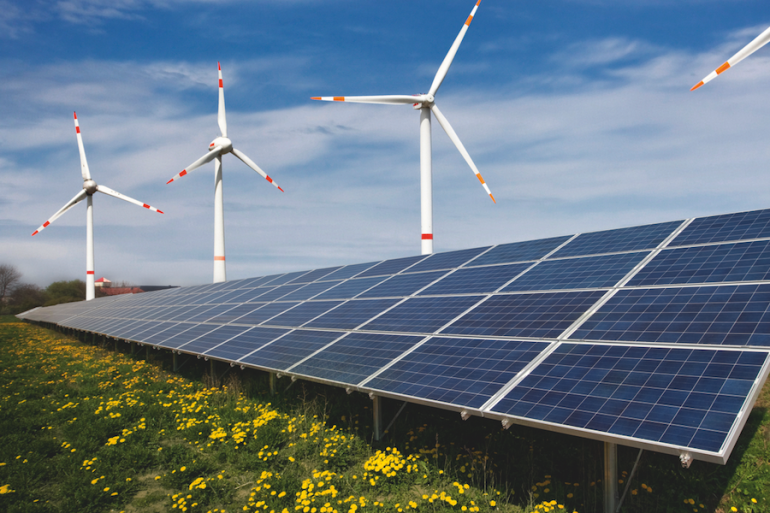The Morrison Government released the eagerly anticipated discussion paper for the Technology Investment Roadmap overnight, with the 74-page paper, prepared by the Department of Industry, Science, Energy and Resources, focused on climate change, emissions reduction and energy sources.
The paper’s name is somewhat misleading for the broader startups sector, with the goal of the plan to set our the country’s future energy mix and deliver certainty for investors after decades of policy vacillations amid leadership changes in the fight to address climate change
Energy Minister Angus Taylor is driving the debate around this issue, and while more than 140 technologies were investigated, ranging from renewables to hydrogen, nuclear, biofuels and carbon capture to investigated, the paper had come down heavily in favour of gas, alongside backing more big batteries and solar plants, as well as electric vehicles.
It also sees potential in Australia becoming a major hydrogen exporter.
Angus Taylor said the focus was reducing emissions via technology, without imposing new costs on households.
“The Government’s Technology Investment Roadmap is about more than just reducing emissions,” the Energy Minister said.
“This is about developing technologies that will support jobs growth. This is about ensuring that mums and dads and small businesses are paying a fair cost for energy and not imposing taxes on them. This is about backing new industries that will help our regional communities and local economies to prosper. This is about putting Australia at the forefront of research and development, and maintaining our strong track record of reducing global emissions.”
While acknowledging the low cost of solar and wind, it argues reliability is a problem so gas is important as a backup.
“Flexible gas capacity will continue to play a crucial role in supporting variable renewable energy, alongside continuing growth in energy storage, demand management and innovative grid technologies as alternatives,” the paper says
“As the world’s largest LNG exporter, all of these factors will have implications for Australia’s domestic gas market and export opportunities over the long term.”
The discussion paper is open for feedback until June 21. You can make a submission here.
Already startup founders in the energy sector have shared their thoughts on the discussion paper with Startup Daily
Stephen Gaul, CEO of Perth-based green energy company, Infinite Blue Energy (IBM), said the government’s acknowledgement of the potential of hydrogen energy in the tech investment roadmap was “huge”.
“IBE has already announced our Arrowsmith project in WA, a real green hydrogen energy solution ready to roll out across the state, and this week we have announced our plans to make NSW the home of one of Australia’s first solar, wind and hydrogen “baseload” power plants (Project NEO),” he said.
“With support from the government and the private sector, that potential for a green energy future doesn’t have to be a far-off pipe dream.”
Gaul said his company will offer its expertise to the government and champion hydrogen energy as a 100% renewable alternative to non-renewables such as coal and gas.
Charles Chen, managing director of ASX-listed electric vehicle manufacturer, Vmoto – best known for producing Ducati’s first electric motorbike – welcomed the emphasis on EVs.
“The infrastructure to support the market here is starting to be ramped up (with the rollout this year of a chain of fast-charging stations down the east coast) now we need investment and initiatives to encourage Australians to shift to electric vehicles,” he said.
“Australia is sluggish to embrace electric vehicles compared to our European counterparts partly because of a lack of Government initiatives.
“The Government needs to lead by example by replacing government fleet cars with electric ones and Australia Post bikes with e-scooters.”




















Trending
Daily startup news and insights, delivered to your inbox.